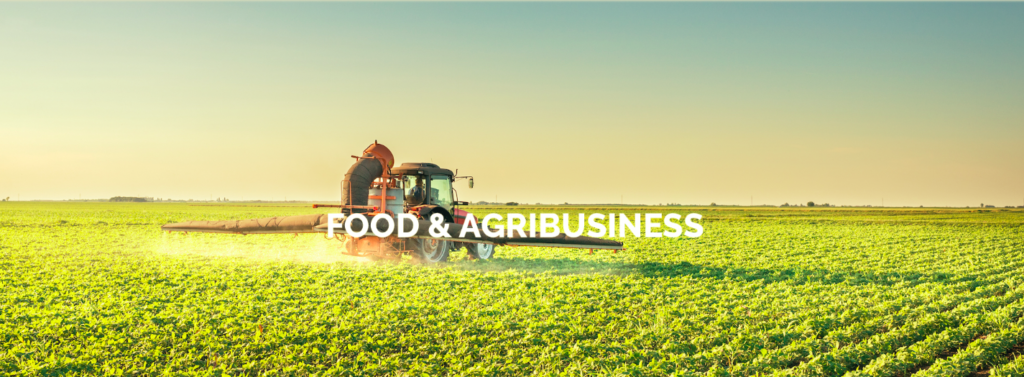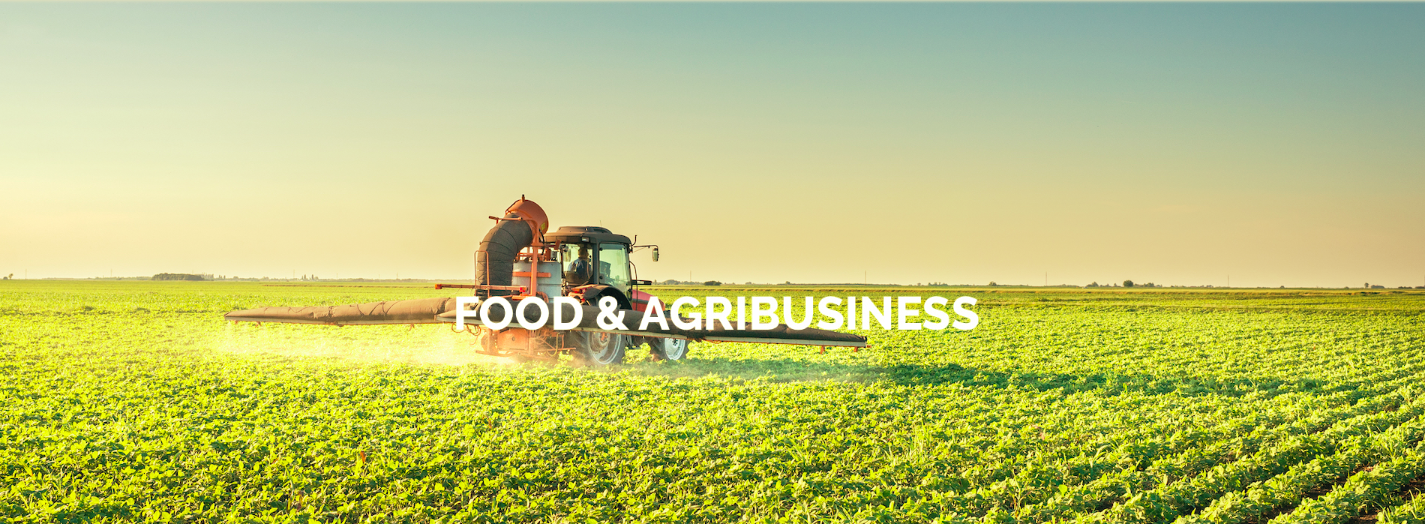 In Today’s Talking Points: Why doesn’t the tropical north produce more agriculturally?; Australia’s agriculture minister hails “good friend” China; China to make agriculture sector greener; Western Australian government pours money into dairy industry
In Today’s Talking Points: Why doesn’t the tropical north produce more agriculturally?; Australia’s agriculture minister hails “good friend” China; China to make agriculture sector greener; Western Australian government pours money into dairy industry
Why doesn’t the tropical north produce more agriculturally?
Australian states Queensland and New South Wales are enduring the worst drought conditions in years, with 60 and 90 percent of each state respectively requiring more rain.
The Northern Territory – with its huge land mass and prime conditions of fertile soil and abundant rain fall – has thus been questioned for not producing more agriculturally for local and international markets. The NT has been touted as the potential “food bowl of Asia” and is famous globally for producing safe, clean and high quality food and animal products.
Luke Bowen from the Northern Australia Development Office says there’s “no doubt” the NT could triple its current output in coming years, yet obstacles like Australia’s labour costs and the NT’s geographical isolation must first be considered to ensure a sustainable and realistic business model.
Read More: ABC
Australia’s agriculture minister hails “good friend” China
The Federal Minister for Agriculture and Water Resources, David Littleproud, has expressed Australia’s intent to increase its meat exports to its “good friend” China. The minister also indicated that he had sent specialist agricultural envoys to China to advance CHAFTA and set aside technical barriers to meat exports. “I’m hoping to travel to China towards the end of the year to be able to meet with my counterpart there and to be able to demonstrate that we are good friends and we have a beneficial relationship,” he said. Littleproud was in Buenos Aires for a G20 agricultural ministers meeting, which he called a “key moment” in preventing the spread of a trade war.
Read More: Successful Farming
China to make agriculture sector greener
The green development of China’s agricultural sector is set to continue, with an official from the Ministry of Agriculture and Rural Affairs, Liao Xiyuan, announcing that rural economic protection will be prioritised over rural economic development. This follows on from a target set in 2015, whereby China aimed to reduce the use of pesticides and chemical fertiliser to ensure “zero growth” by 2020. Liao added that this goal was realised 3 years in advance in 2017, and that China would aim to continue to use less pesticides and chemical fertilisers in the future. He also indicated that China would promote the innovation of agricultural technology to save more resources and energy.
Read More: XinHua
Western Australian government pours money into dairy industry
Minister of Food and Agriculture of the government of Western Australia, Alannah MacTiernan, has announced that the government intends to invest $200,000 into the dairy industry in order to encourage co-investment in both research and development with industry partners . MacTiernan stated that the investments will provide dairy farmers the “access to the targeted technical and scientific support to continue adapting to the ongoing demands of the milk market.” These investments will also allow the achievements of Western Dairy – the industry’s independent research and development sector – to be expanded upon, and co-investment will add greater value to projects that revolve around increasing the profitability of the industry and ensuring its sustainability. Similarly, the Victorian state government has invested $260,000 in agribusiness.
Read More: Food & Beverage Industry News

